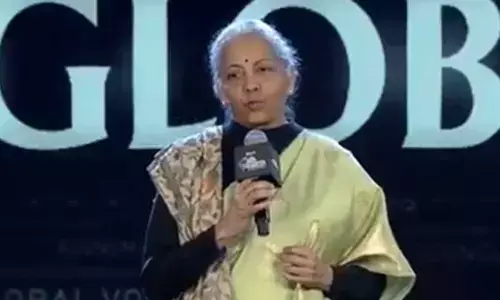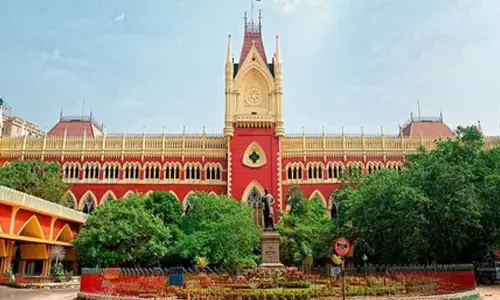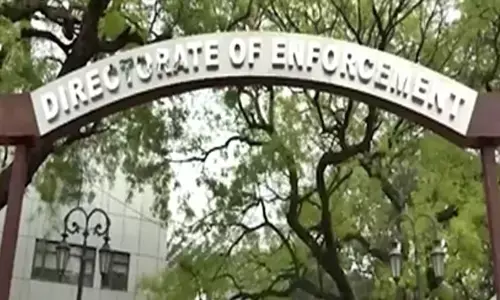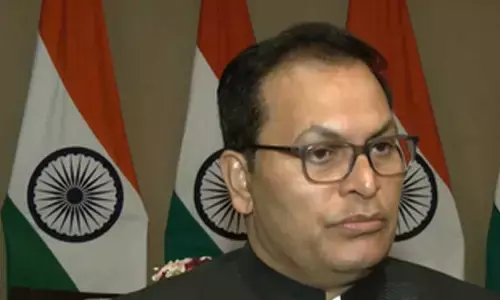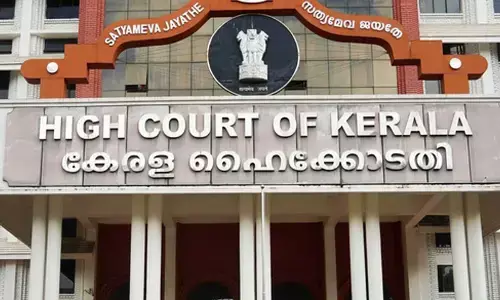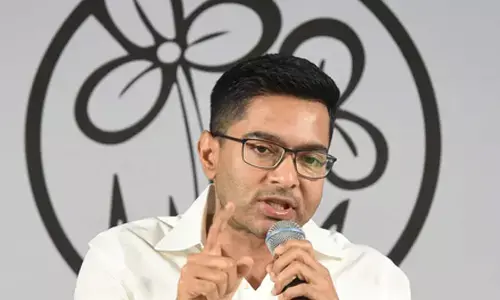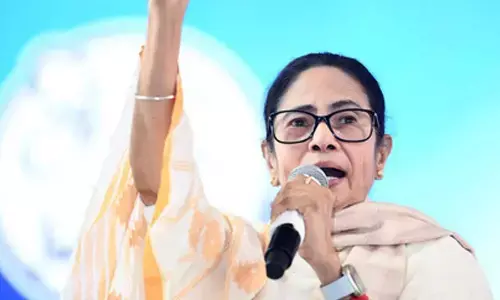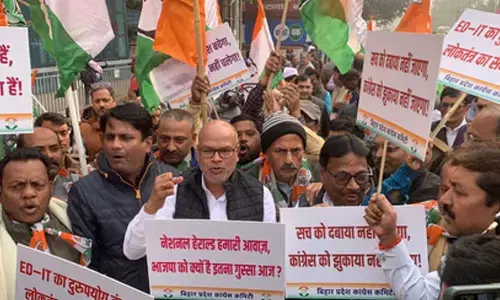Economic crisis makes corporates to re-think their political choices
Economic Crisis Makes Corporates to Re-Think Their Political Choices, election scenario, Nehru-Gandi. The unprecedented prosperity Manmohan Singh facilitated for top echelons of India Inc. through his neo-liberal policy inspired loyalty. He was lionized for successfully taking on the Left.
The unprecedented prosperity Manmohan Singh facilitated for top echelons of India Inc. through his neo-liberal policy inspired loyalty. He was lionized for successfully taking on the Left.
The election scenario is heating up; this sharp rise in the electoral temperature owes to the BJP announcing its Prime Ministerial nominee rather early. On the other hand, the Congress, without having formally announced its preferences, for all practical purposes, Rahul Gandhi, the young scion of the Nehru-Gandhi lineage, is the public face of the party. Campaign schedules in five States going to polls underscore this inclination.
What such choices about campaign chiefs imply for our democracy is a different question altogether. That ours is a parliamentary system of democracy and not based on executive Presidency is a choice our Constitution-makers exercised commensurate with the nature of our society and freedom struggle. But how these projections by media influence public opinion is not in sync with fundamentals of the parliamentary democracy.
But it is not mere attempted sequence and shape of electoral contest that compound the situation; choice of Narendra Modi was not seen as the result of usual democratic exercise within the BJP. Through direct intervention of the RSS, BJP leadership accepted him at the helm. Interestingly, the RSS itself issuing a formal press statement made this unprecedented public admission about its involvement. Obviously, this has raised many an eyebrow. What was all along de facto has now been legitimized by the RSS as de jure. Obviously, this runs counter to the undertaking by the Sangh to secure lifting of the ban it faced in the wake Mahatma Gandhi’s assassination.
However, the RSS had good reasons to anoint Narendra Modi. He has in the clearest terms stated his ideological ground – “I am a Hindu nationalist leader”. But having secured the blessings of the RSS and unequivocally clarifying where his heart lies, he has fine-tuned a tactic which has always been political Hindutva’s forte. లWithin the saffron brigade, division of labour ensures that Modi evades overt communal statements in his speeches; while that vicious agenda is aggressively pursued by militant organisations like VHP and Bajrang Dal.
But apart from the general traits of the Sangh and its political front, such tactics have become imperative, given the other complementing element of the campaign. The crisis threatening the economy has forced powerful sections of Indian corporates to re-think their political choices.
In the 2009 Lok Sabha elections, the Congress party received almost undivided support from India Inc. The unprecedented prosperity Manmohan Singh facilitated for top echelons of India Inc. through his neo-liberal policy inspired loyalty. He was lionized for successfully taking on the Left. So, last elections became payback time.
But this time around, stung by crisis, a sizeable section is clearly pitching for someone who has a record of being more aggressive in pursuing this policy in Gujarat sans the rhetoric of ‘inclusiveness’. This has obviously energized the Modi campaign and the Hindutva crowd. This is explicitly manifested in the corporate-controlled mainstream media and their coverage of the build-up to elections.
Therefore, in the last six months, there has been a sharp precipitation of the communal temperature. Threat of polarization is particularly pronounced in North India, particularly Uttar Pradesh and Bihar. Significantly, Modi’s right hand man, former Minister of State for Home in Gujarat Amit Shah facing charges for encounter killings has been put in charge of organisational affairs in these two States.
The number of communal incidents has started mounting in the wake of these tactics. Muzaffarnagar riots were the ghastliest of all these sinister developments. There is no denying the fact that there have been clear administrative failures in stopping riots from happening. Equally, relief and rehabilitation efforts have been marred by inefficiency. But the principal force catalyzing such heinous crimes cannot be overlooked. Explicit evidence available in the public domain captures the hate campaign unleashed by the Hindutva brigade polarizing society in a region which has not witnessed any communal conflagration any time in the past.
But, perhaps the most critical was reserved for Bihar. There were a series of explosions in Patna on the day Narendra Modi was to address a rally aptly named ‘Hunkar’. This was given a climactic build-up; for ‘Hunkar’ signals arrival of the ‘mightiest’.
The Bihar police have indicated involvement of an Indian Mujahidin module in this crime which killed six persons. There could be no condemnation strong enough. But, ensuring vigilance for building a water- tight case for the prosecution is imperative. Justice must not only prevail; it must also appear so.
This word of caution becomes necessary with past experience. There have been instances where Muslim youths picked up for terrorist incidents were subsequently proved innocent. Jamia Millia Islamia Teachers’ Association listed several cases to show that young men picked up suffered 10 to 15 years of prison life before being acquitted. There have been instances in high-profile cases of terrorism where eventually terror groups associated with Hindutva were found to be complicit, contrary to initial claims.
Two specific issues are also bothering the public mind. While returning from Patna, two Gujarat bomb squad officials died in a road accident. Why did Gujarat officials have to go and face this tragic end? The Constitution makes it incumbent on Bihar administration to ensure safety and security for Narendra Modi and the rally. Similarly, the decision of BJP leadership to go ahead with the rally proceedings and allowed by Bihar police is difficult to understand. Modi had gone to the maidan after four blasts had already gone off. The standard security drill is to first ensure sanitization of the venue before any further activity involving such high-profile individuals. But there is no reason to disbelieve IM’s involvement.








